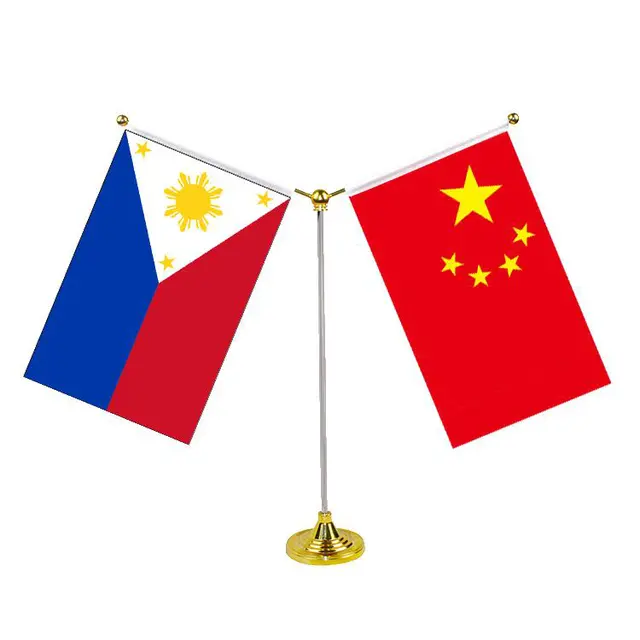Microsoft's holographic headsets HoloLens are being brought into Singapore for the first time, the technology giant announced on Thursday (Apr 12). This comes two years after the device was first shipped in the United States and Canada in March 2016.
The headset, described by Redmond as the "first fully self-contained holographic computer running Windows 10" operating system (OS), is now available in 41 countries. Singapore joins China, Japan, Australia and New Zealand in this region to offer the device, Ms Jacqui Miranda, general manager for Windows and Devices at Microsoft Asia Pacific, said during a briefing.
Ms Miranda said it is just launching HoloLens here because the ecosystem - from interested parties, developers and customer service support - is just now ready.
The HoloLens is available here in two configurations - the Developer Edition and Commercial Suite - with the former's retail price at S$4,388 while the latter is S$7,288. The device can be ordered on the Microsoft Store, the company said.
Features that are only available for the more expensive Commercial Suite option include mobile device management, controlled OS updates, data security and access management, it added.
Her colleague, Mr Lawrence Crumpton, who is in the Mixed Reality Solutions and Partners division, shared with Channel NewsAsia on how on the developer front, Unity Technologies, which has a local office here, is "ready to go" in terms of providing the platform for developers to create applications for HoloLens.
The company declined to give the number of developers currently creating applications for HoloLens globally, but pointed to a website with a list of companies who do so for different markets and regions which includes companies like KPMG, DataMesh and Nextscape.
EDUCATION, HEALTHCARE KEY TARGETS
As for its target audience, Mr Crumpton said it is looking at "customers who have 3D problems".
These include industries like manufacturing and aerospace - "where you can move super-heavy aircraft around because they are holograms," he pointed out - architecture, engineering, healthcare, education and training and retail and field services.
One example cited was the Info-communications Media Development Authority (IMDA) and its Lab on Wheels programme, which launched an immersive media-themed bus in March to bring such experiences to schools and communities. This was done in collaboration with a US-based developer Serl.io, it added.
"The Lab on Wheels immersive media-themed bus aims to showcase and educate students and the community about how immersive media technologies can impact the way they learn, work, live and play," Microsoft said.
During the briefing, reporters were also given a hands-on demonstration of a healthcare training application created by education company Pearson.
With it, trainee nurses and doctors can be taught in various medical situations such as anaphylaxis and asthma, with a hologram patient displaying the symptoms associated with the illness as well as accompanying vital signs.
This way, Mr Crumpton explained, hospitals will not have to hire an actor for a week and teach them how to react realistically to the sicknesses so the trainees know how to respond in real life.
"Mixed reality has the potential to help customers and businesses across the globe and in Singapore do things that until now, have never been possible," said Ms Veronica Chiu, Windows and Device Business Group lead for Microsoft Singapore.
"Mixed reality experiences will help businesses and their employees to complete crucial tasks faster, safer, more efficiently and create new ways to connect to customers and partners," she added.
As for whether Microsoft intends to make the HoloLens available in more Southeast Asia markets, Ms Miranda declined to comment but stressed the company's focus on the launch here.
(CNA)
 简体中文
简体中文

